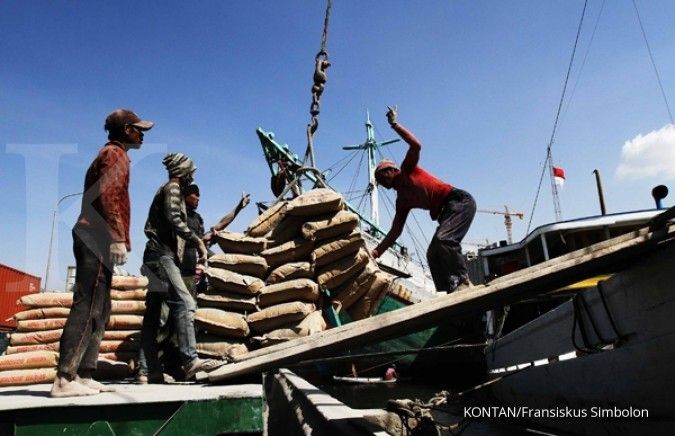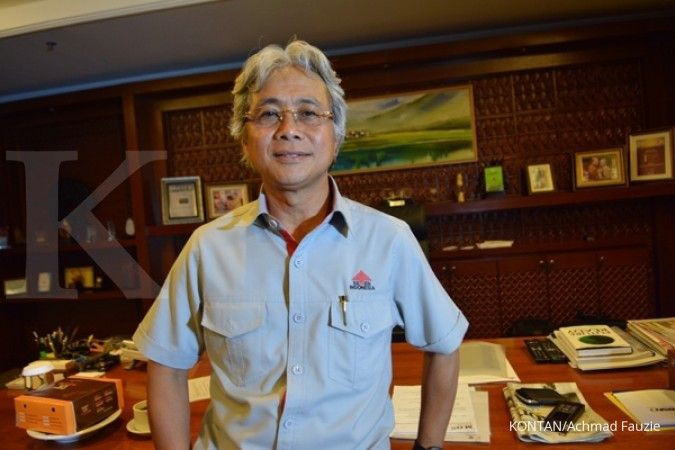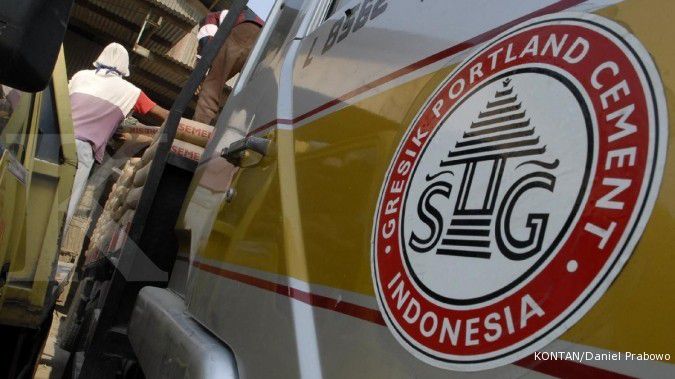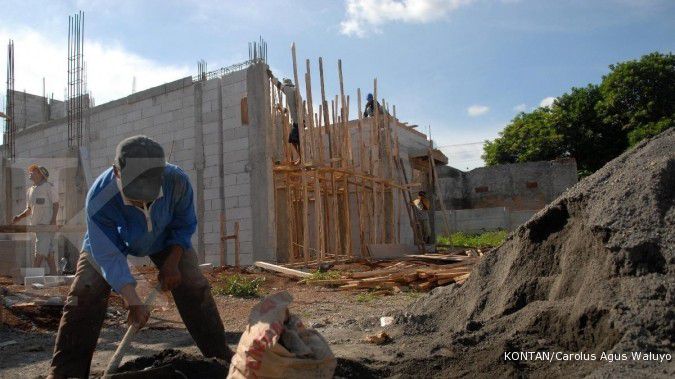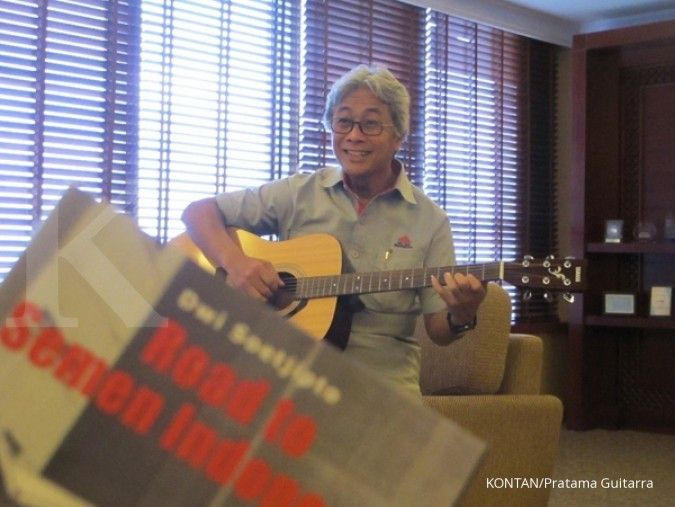JAKARTA. State-run cement company PT Semen Indonesia will soon acquire 500 hectares of land in West Papua for the construction of a cement plant at a cost of around US$150 million.
Semen Indonesia corporate secretary Agung Wiharto said the publicly listed firm would sign a memorandum of understanding (MoU) later this year to procure the land for the first cement factory in the province.
“For a capacity of around one million tons, we might need around 500 hectares,” Agung told reporters over the weekend.
“We expect that we will be able to begin construction in 2015,” he continued.
The company may require three years before it can start its commercial operations.
As previously reported, the new plant is expected to be located in Sorong and will be operated by Semen Indonesia’s subsidiary Semen Tonasa, which is headquartered in South Sulawesi.
Semen Tonasa is reportedly allocating Rp 3 trillion ($246 million) for the construction of the plant, which will be equipped with a private sea port to support distribution.
The seaport is expected to reduce distribution costs and problems in supplying the eastern part of the country.
Currently, Semen Tonasa’s plant in Pangkep, South Sulawesi, and its sister company, Semen Gresik’s plant in Gresik, East Java, are used by their parent company to supply cement to the Papua and West Papua markets.
Semen Indonesia’s expansion into Papua and West Papua has been driven by increased development and cement demand in the two provinces. High distribution costs have also been behind the company’s move.
According to Semen Indonesia’s estimates, Papua consumes around 600,000 tons of cement in a year, or 40 percent of the total eastern Indonesia cement consumption of 1.5 million tons per annum.
Demand for cement has increased by 6 percent each year in the eastern part of the country, where distributors charge Rp 1.6 million for each sack of cement, according to Semen Tonasa data. In Java, it costs between Rp 60,000 to Rp 80,000 per sack.
Agung previously explained that the costs were so high due to challenging topography in the easternmost province, forcing distributors to transport cement by air.
Semen Indonesia supplies around half of Papua’s cement market. With the new factory, it is expected to increase its market share to around 70 percent. (Anggi M. Lubis)
/2014/02/10/538551367.jpg)
